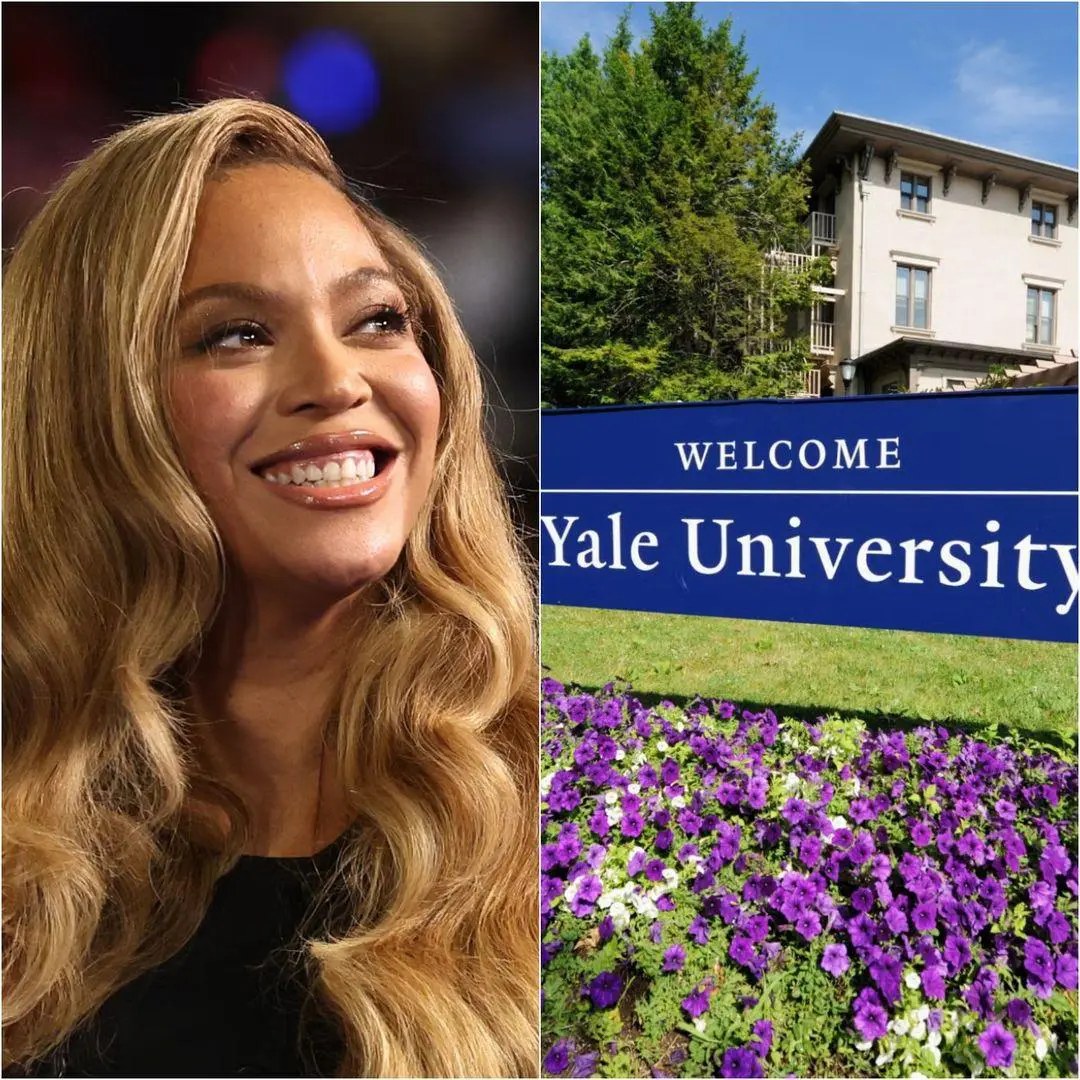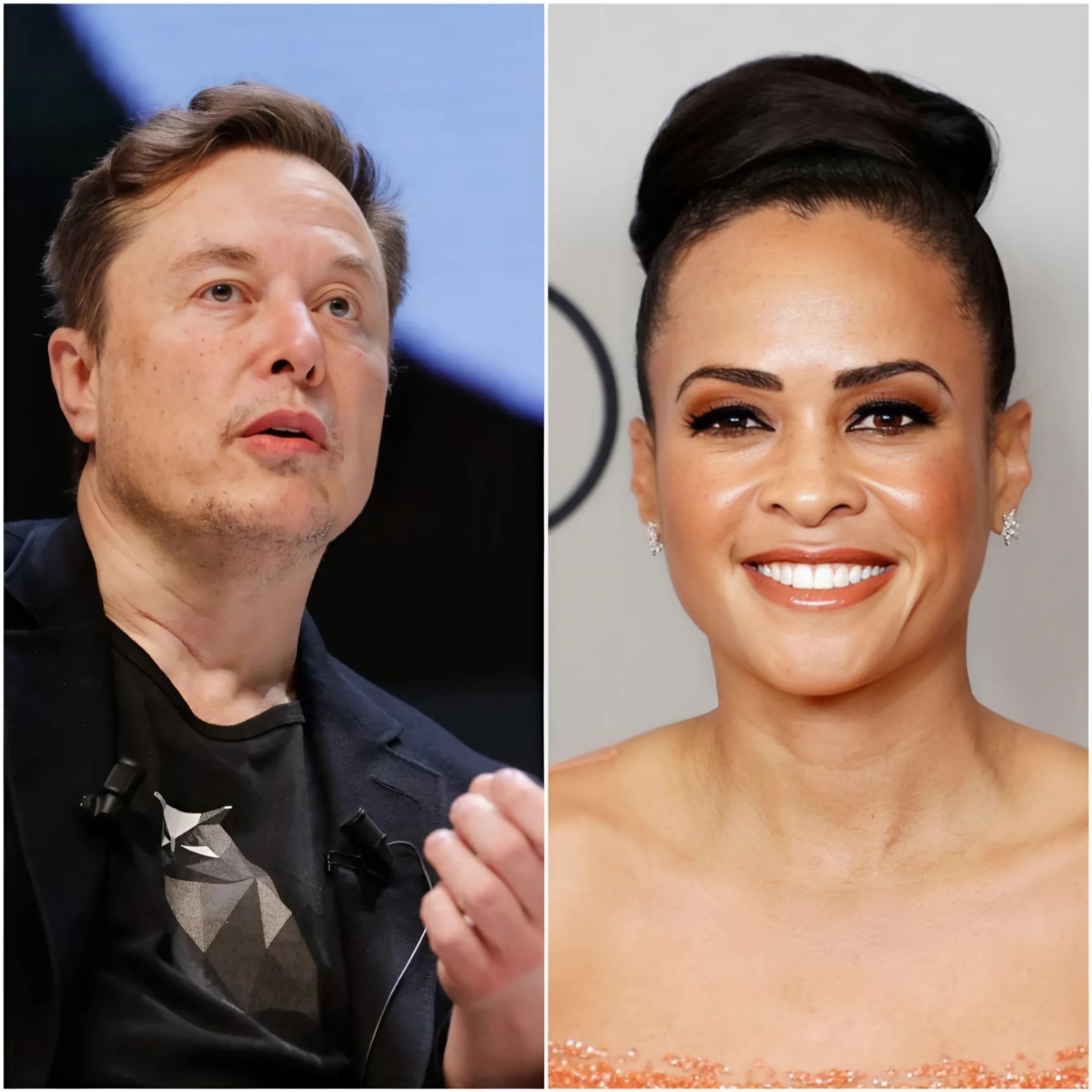On the other hand, supporters of Musk’s stance believe that children’s media should focus on traditional values and refrain from pushing any form of sociopolitical messaging. They argue that entertainment aimed at younger audiences should prioritize universal values—such as kindness, honesty, and courage—without venturing into topics that could be seen as controversial or too mature. From this perspective, children should be given the chance to form their own views on complex issues once they are older and able to critically engage with diverse perspectives. Proponents of this view argue that “woke” themes could inadvertently expose children to concepts they may not yet be ready to understand or interpret correctly.
As debates around representation and children’s programming continue, Musk’s decision has placed X at the center of a larger cultural conversation. It remains to be seen how Disney and other content producers will respond to these restrictions, as well as how Musk’s stance on social issues will impact his platforms moving forward. With social media increasingly influencing what content reaches young audiences, the balance between representation, parental control, and platform regulation will likely continue to be a point of contention.
















